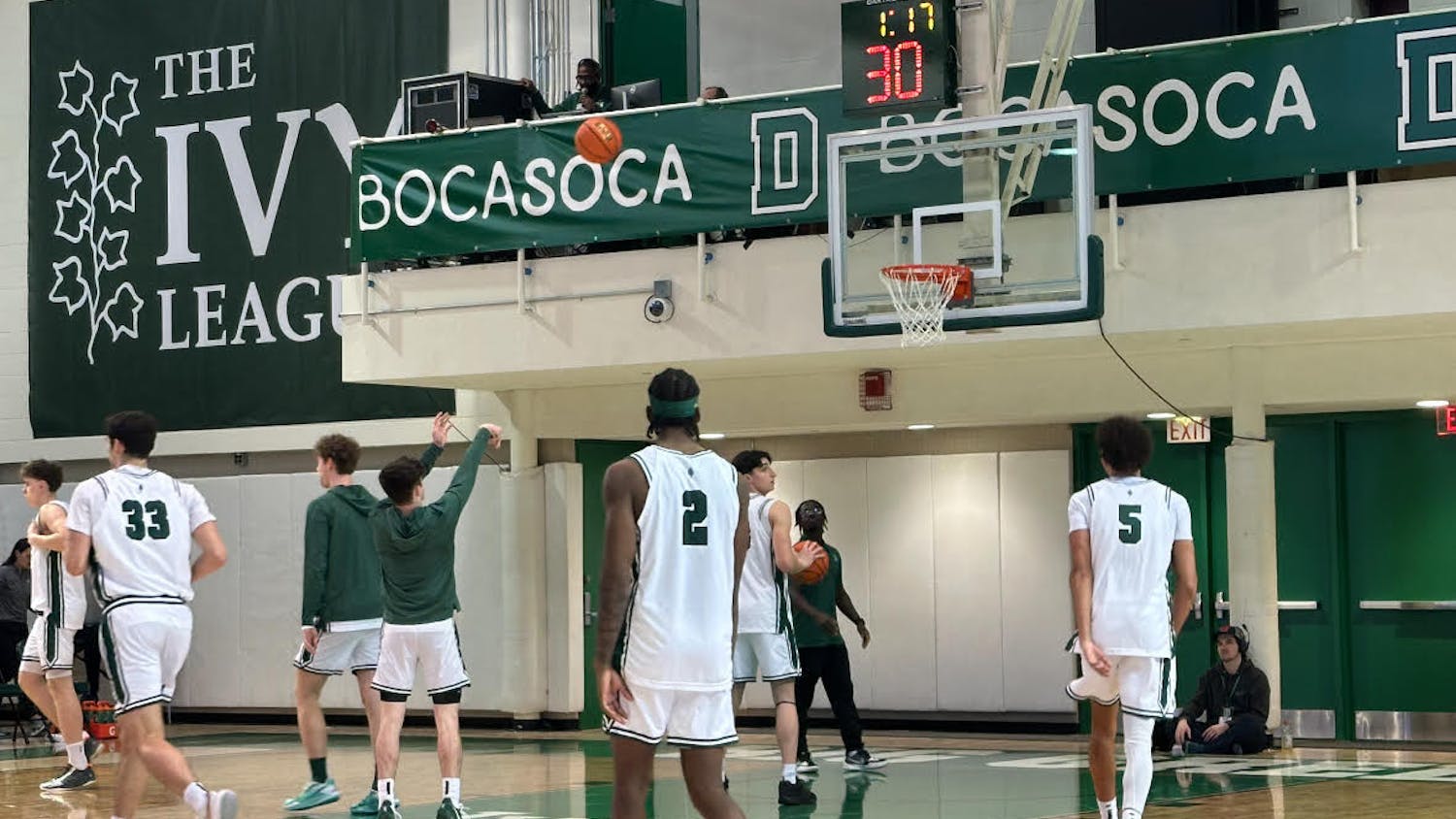Nibbi, who is a member of the Dartmouth cycling team, finished 32nd overall out of 155 runners. Nibbi said he decided to participate in the Saharan Race after hearing about it online and from friends.
"I've always been kind of heavily committed to sports and triathlons," he said. "I saw this as an attempt to push the boundaries a little bit and explore what my body was capable of. I had never done the distance of this race, only one-day races of about 50 miles."
Nibbi used the Saharan Race as a way to fundraise for the clean-water charity, Water.org. He has raised $6,348 for Water.org so far and hopes to eventually raise $15,000.
Nibbi said he learned about and became interested in water politics in a class at Dartmouth.
"I thought it would tie in nicely," Nibbi said. "I've always had an interest in development as it relates to water study and resource management. I thought this was the perfect race location to raise funds for clean water."
Nibbi said he needed to train for both the race's long distance and the extreme climate he would be exposed to while trekking across the Sahara. He conditioned his body to run on soft sand and to run for durations of six to seven hours most days, with limited recovery time.
The desert's climate was more difficult to simulate for training purposes, according to Nibbi. He sat in a sauna for periods of an hour, attempting to acclimate to the heat and dryness, he said.
"Another major challenge of the race was running on a caloric deficit everyday," Nibbi said. "I was eating 2,200 calories a day instead of the 3,000 an average college student eats or the 4,000 I was burning while running."
Nibbi said the finish, which happened the night after his sixth day in the desert, was an "ethereal" experience.
"I remember it vividly," Nibbi said. "I was in the middle of nowhere, like there's nothing out there, it's just you and these glow sticks. You don't even need a headlamp."
Nibbi walked most of the last 15 miles due to exhaustion and said he could hear drums off in the distance, signifying the race camps and the finish line.
"It was surreal because it signifies the end of the event that you've spent so much training time on and met so many amazing people through," he said. "It was very calming to know that I had the capacity to push my body to that extent and that the limits I had set for my body were irrelevant."
Nibbi added that the ability to meet a diverse range of competitors was another reason he decided to run in the race. He spent nights in a tent with nine other people from as far away as Japan and South Africa.
"It was great to meet these people with which you have nothing in common, with the exception of this huge goal of finishing the race and passion for running," Nibbi said. "It was cool to be part of an international community for six days."
Nibbi is currently spending time in Cairo while recovering from the race, but said he hopes to fundraise more in the future.
"I think that you can use opportunities like these to make a global difference," Nibbi said. "I'm happy that this race could contribute to global development.
The race is part of the 4 Deserts series, which also sponsors similar races across deserts in South America, Australia and Asia. The organization's website bills the races as "the world's leading rough-country endurance footrace series," and notes that the race was ranked as one of the Top 10 endurance competitions worldwide by Time Magazine in 2010.



